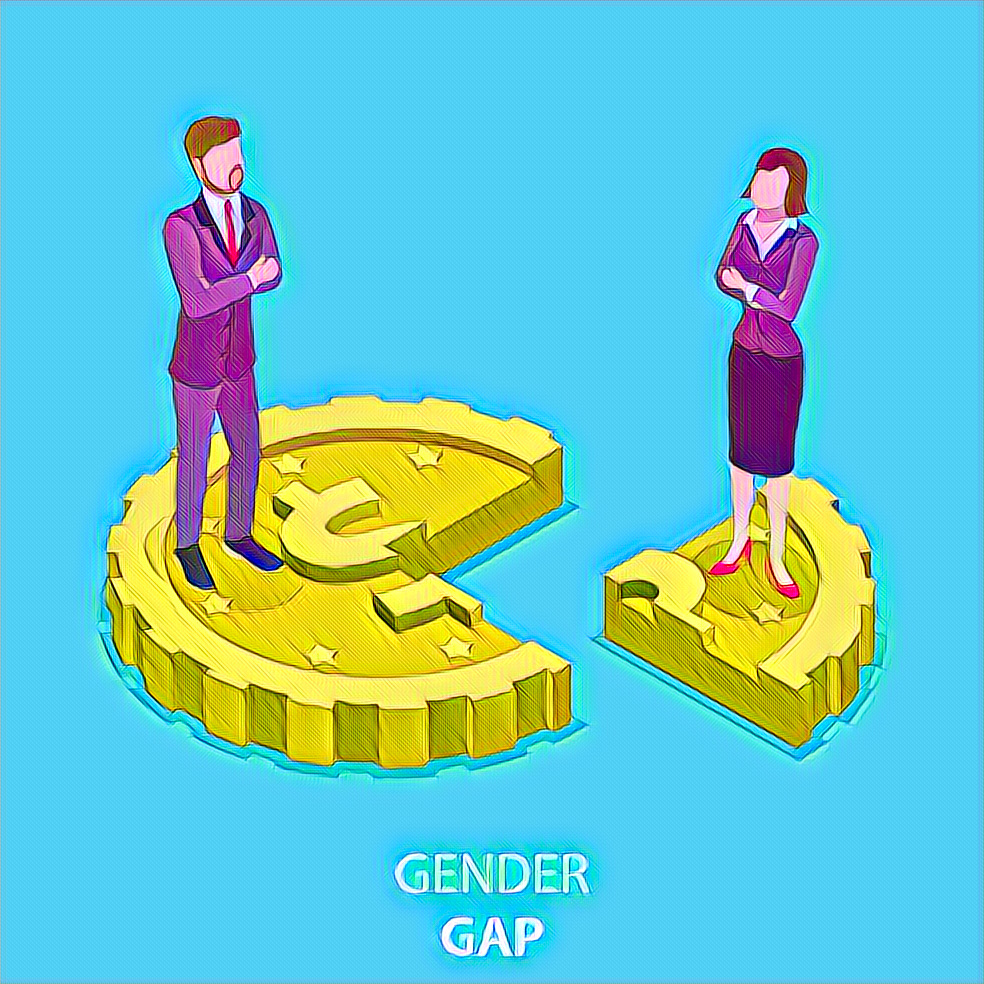According to a new report by the United Nations Development Programme (UNDP), women in Ghana are paid 59% less than men for the same work.
The report, titled “The State of Gender Equality in Ghana,” was launched on Friday to mark International Equal Pay Day, which aims to raise awareness of the persistent inequalities in wages and earnings between men and women.
The report found that Ghana has one of the highest gender pay gaps in the world, ranking 129th out of 156 countries in the UNDP’s Gender Inequality Index. According to the International Labour Organization (ILO), the global average gender pay gap is 16%.
The report attributed the gap to several factors, including the low representation of women in decision-making positions, the high prevalence of unpaid care work by women, and the discrimination and harassment women face in the labor market.
The report also highlighted the impact of the COVID-19 pandemic on women’s economic opportunities and well-being, noting that women were more likely to lose their jobs, face reduced working hours, and experience increased domestic violence during the lockdowns.
The UNDP called for urgent action to address the gender pay gap and promote equal opportunities for women and men in Ghana. It recommended implementing policies and programs that support women’s education, skills development, entrepreneurship, access to finance, social protection, and childcare.
The UNDP also urged employers to adopt fair and transparent pay practices, such as conducting regular pay audits, eliminating wage discrimination, and ensuring equal pay for work of equal value.
The report was welcomed by Ghana’s Minister of Gender, Children, and Social Protection, Sarah Adwoa Safo, who said the government was committed to advancing gender equality and women’s empowerment in the country.
She said that the government had enacted several laws and policies to protect and promote the rights of women and girls, such as the Domestic Violence Act, the Affirmative Action Bill, and the National Gender Policy.
She also said that the government had launched initiatives to support women’s economic empowerment, such as the Women’s Entrepreneurship Development Programme, which provides training and financial assistance to women entrepreneurs.
She added that the government was working with development partners, civil society organizations, and private sector actors to address the challenges faced by women in Ghana.
“We are determined to close the gender gap and ensure that no woman or girl is left behind in our quest for national development,” she said.
The UNDP Resident Representative in Ghana, Angela Lusigi, commended the government for its efforts and pledged the UNDP’s continued support to Ghana’s gender equality agenda.
She said that achieving gender equality was a human rights issue and a smart economic strategy that would benefit everyone.
“Gender equality is not only good for women and girls, but also good for men and boys, good for families and communities, good for businesses and economies, and good for peace and stability,” she said.
She hoped the report would serve as a catalyst for action and dialogue among all stakeholders to accelerate progress towards gender equality in Ghana.
“Let us work together to ensure that every woman and girl in Ghana has equal opportunities and equal rewards for their work,” she said.
Source: Modern Ghana




